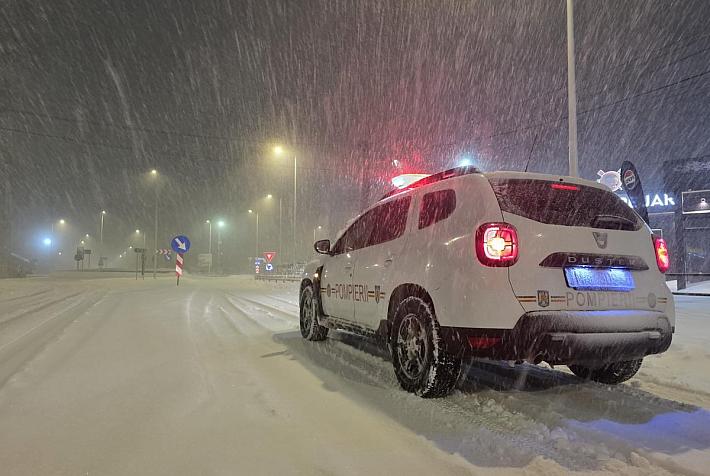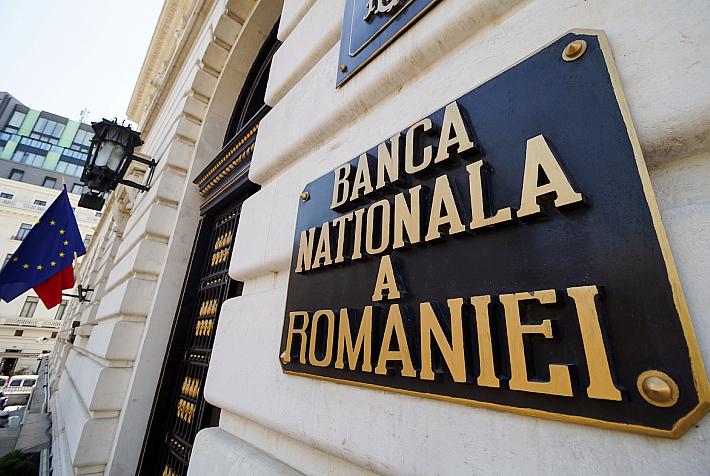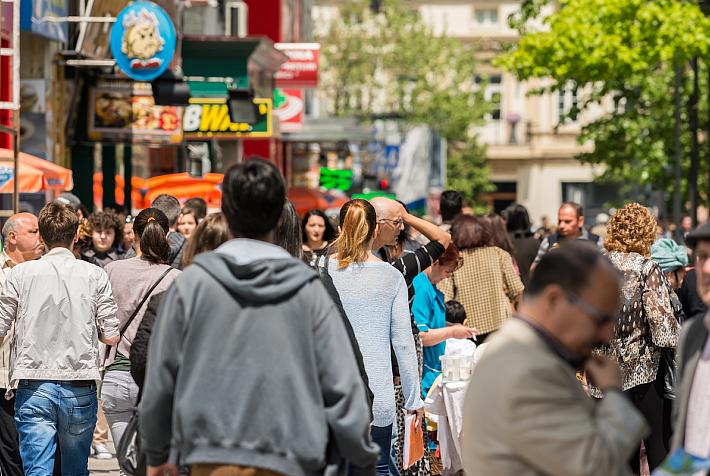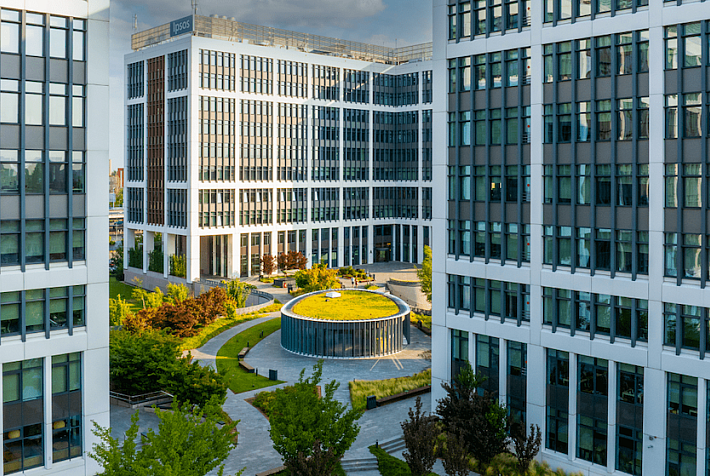More irregularities found in Romania’s Colectiv club tragedy case

The expertise made by Romania's General Prosecutor's Office in the Colectiv club case has revealed several irregularities that contributed to the amplitude of the tragedy. 63 people died after the fire in Bucharest's Colectiv club at the end of October 2015.
According to the experts’ report, there is no evidence that Bucharest’s District 4 City Hall carried out any inspection or control activities at the club in the last five years, and thus failed to make sure that the location respected the law, reports local Mediafax.
Moreover, it looks like the Bucharest-Ilfov Inspectorate for Emergency Situations (ISU) also failed to do its job.
“ISUB carried out inspections at the site, or at the Pionerul property, but the expertise found no evidence that inspection activities have been conducted at the leased premises, nor identified any measures taken to restrict or eliminate the identified risks,” reads the report.
Pionerul is the name of an old factory that was hosting the club.
The experts also found that ISU’s management was not aware of this location’s existence, although they should have been. Moreover, some of the construction work carried within the Pionerul factory had not complied with the legal rules and most of the completed works lacked building permits.
The General Prosecution Office’s report also shows that the materials used for the club’s ceiling were easily inflammable. Also, the ventilation system was not positioned correctly, and some of the electrical installations were improper.
Crowded public spaces should have at least two access doors, according to the experts, but Colectiv club had only one usable and even this one was improper.
The tragedy at Colectiv club occurred on October 30 last year. It is one of the biggest tragedies in Romania’s history, as a total of 63 people lost their lives and many more were injured.
The tragedy and the irregularities it revealed triggered street protests which led to Prime Minister Victor Ponta’s resignation. Bucharest’s District 4 Mayor Cristian Popescu Piedone also resigned and DNA prosecuted him for the way local authorities had issued the functioning permit for the club.
The club owners, two fire inspectors and the managers of the firm that has provided the fireworks that night have also been investigated in this case.
Romania’s investigation of the Colectiv club tragedy unveils new irregularities.
Looking back at 2015: Colectiv, the Romanian tragedy that has changed laws and people.
Irina Popescu, irina.popescu@romania-insider.com












